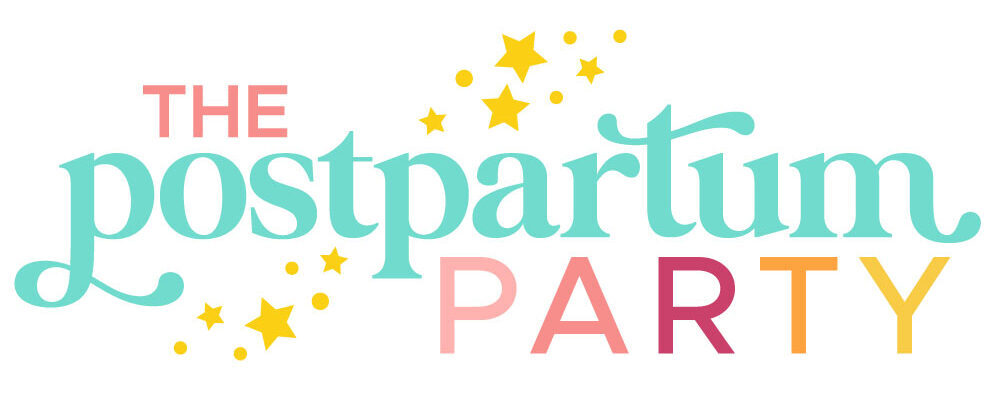See how long your 3-month old wake windows should be as well as a feeding and sleeping schedule you can use for your 3-month old!

Three months old is the start of more fun and better sleep, and part of that is your baby being able to handle longer wake windows.
Keep reading to find out good wake windows for your three-month old and get a feeding and sleep schedule you can follow.
To help you better, start by downloading my free baby sleep calculator to see when nap time and bed time should be based on your baby’s age. Click here to grab that, it’ll be super helpful.

How Long Should A 3 Month Old Wake Window Be?
At 3 months old, your baby can stay awake for about 90 minutes in between naps.
This 1.5-hours is usually the sweet spot for babies from about 11 to 14 weeks old.
Now is also a great time to start a nap routine with your little one. Something short and sweet that will cue to your baby’s brain that sleep is coming!
How Long Should A 3 Month Old Nap During the Day?
It’s not uncommon for your baby to only nap for 30 minutes at a time, though some babies may nap up to 90 minutes.
Naps are still sporadic at this age, especially if your little one struggles with the 45-minute intruder.
A 90-minute wake window and 90-minute nap would put your baby on a perfect 3-hour feeding routine.
If your baby needs to eat more frequently, your naps may be up to 60 minutes. Wake windows include the time your baby spends feeding as well.
How Many Naps Should My 3 Month Old Take?
Your 3 month old should take between 4 to 5 naps during the day.
Contact naps or naps where you babywear are still common and helpful at this age.

3-Month Old Sleep Schedule
Here’s a sample schedule for your 3-month old. This sample schedule has 3 hours in between feeds and 90-minute wake windows.
7:00 am – Wake up and feed
8:30–10 am – Nap
10:00 am – Feed
11:30 am–1:00 pm – Nap
1:00 pm – Feed
2:30–4:00 pm – Nap
4:00 pm – Feed
5:00–5:30 – Nap (Can be a contact nap or stroller nap)
6:30 Feed / Baby’s bedtime routine
7:00 – Bedtime
Night feeds as needed.
Notice how the wake window before the evening catnap was only 60 minutes. Sometimes you can do a shorter wake window if you just need a quick nap to help your baby make it to bedtime.
How Long Can A 3 Month old Go Without Eating?
Your 3 month old will probably need to eat every 2 to 3 hours during the day.
Some 3 month olds will still need 1–3 feeds in the middle of the night.
Around 3 months old, some babies are able to sleep longer stretches.
There is a lot of variation at this age and many things can affect your baby’s night sleep, including routine, development, weight, and sleep habits.
Make sure to follow your baby’s hunger cues as feeds are still getting established for your baby.

Sleep and Feed Schedules for Every Age
Take away the stress of figuring out your baby’s sleep needs. With the Baby Sleep Schedule Binder, you’ll get sleeping and feeding schedules that you can implement for every age, even if you currently have no routine in place. Check out the Baby Sleep Schedule Binder here.
Video About Wake Windows
Watch the video below where Amy will answer the most frequently asked questions surrounding baby wake windows. Sometimes it helps to hear someone explain them versus reading a blog post.
Frequently Asked Questions About A 3 Month Old Wake Window
When Should You Start Using A Wake Window?
I recommend using wake windows from the very beginning. Your baby will also show sleep cues when they’re getting tired—such as yawning, avoiding eye contact, and even red eyebrows—but I also like to be aware of how long your baby has been awake so you can help prevent an overtired baby.
Can A 3-Month Old Put Himself to Sleep?
If you’ve been practicing independent sleep skills like eat play sleep and follow a consistent routine, then a 3-month old can put himself to sleep, but it might not always work.
Not all 3-month olds can though and not all of the time! Even independent sleepers might need a little help here and there.
As your baby grows and nears the 4-month mark, you can consider using a sleep training method if your baby is still struggling.
What is the 3 Month Old Regression?
Some babies experience a sleep regression around 4 months. It can happen between 3.5 and 5 months.
This regression occurs as your baby’s sleep cycles change to be more similar to an adult’s sleep cycles.
What Developmental Milestones Happen at 3 Months Old?
Babies can spot familiar faces, smile at others, and laugh at this age!
Some babies start to roll over around this time.
Make sure to stop swaddling your baby at the first signs of rolling.
How Will My Baby’s Wake Windows Change Next Month?
Each month, your baby’s wake windows will increase.
As your baby reaches 16 weeks, you’ll extend your baby’s wake windows again to line up with a 4-month old wake window of 1.5 to 2 hours.
When your baby gets closer to 20 weeks, you can extend again to a 5-month old wake window of 2–2.5 hours.
If you have any questions about 3 month old wake windows, leave them in the comments.
- Test - April 18, 2024
- Newborns and Swaddling (Safety Tips) - March 19, 2024
- 25 Baby’s First Christmas Ornament Ideas - March 18, 2024






